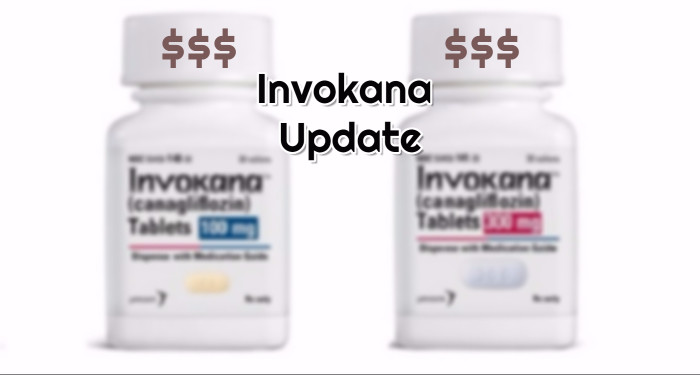
Invokana Amputation Risk Does Not Apply, J&J Competitors
Even as Johnson & Johnson rushes to comply with new FDA requirements to warn consumers about the Invokana amputation risk, the company’s competitors are working just as hard to separate themselves from J&J’s medication.
Both AstraZeneca (Farxiga) and Eli Lilly/Boeheringer Ingelheim (Jardiance) have been at pains this week to emphasize that their medications show no significant increase in the incidence of amputations. Given the severity of the side effect and the potential impact on sales, it’s no surprise that these companies are moving to distance their products from Invokana.
The message from Johnson & Johnson’s competitors is simple: this is a problem with one particular drug, not the broader class of medication it inhabits.
The competing claims are the result of last month’s FDA safety alert, which cited research indicating that the risk of leg and foot amputation increased significantly for patients taking Invokana. In addition to the newly required boxed warning on Invokana packaging, the agency made the following recommendation to patients taking the drug:
“Patients taking [Invokana] should notify your health care professionals right away if you develop new pain or tenderness, sores or ulcers, or infections in your legs or feet.”
The announcement follows in the footsteps of a May 2016 warning from MedWatch. Then, regulators advised of a cardiovascular outcomes study in which patients taking Invokana were almost twice as likely to undergo amputations than patients placed in the alternative placebo test group.
To combat any lingering association with this horrific side effect, AstraZeneca and Boeheringer point to studies in which their drugs show little deviation from the placebo groups. For both Farxiga and Jardiance, the variance from the placebo was only 0.1% in terms of related amputations. While any drugmaker would prefer their product to be completely unrelated to such a serious outcome, confirming that it falls well within the expected range is an acceptable second place.
It’s important to remember that all SGLT2 inhibitors carry the potential to negatively impact a patient’s health. This form of medication directly affects the kidneys’ ability to absorb glucose into the blood, which can result in urinary tract infections and can impact hypoglycemia.
For Johnson & Johnson, however, that list of side effects just got a little longer and a lot more serious. Taken alongside the other risks of taking Invokana, this is one drug that has a long road to recovery in the eyes of patients and medical professionals.
If you have taken this drug and are worried about the Invokana amputation risk – or any other side effect – seek medical advice immediately. You should also consider legal advice. Click here to begin a complimentary evaluation of your case.



